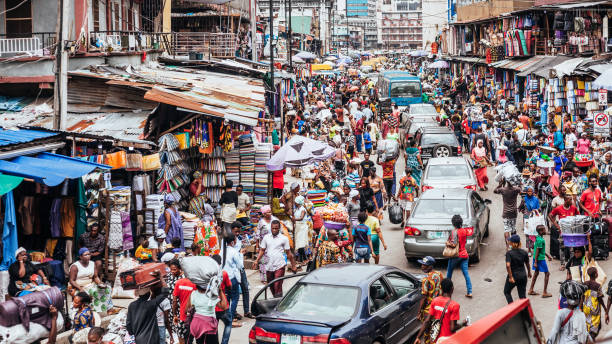Within one week, Mayowa Adesina staggeringly watched the fuel expenses for the generator in his barbershop soar, the highest-ever jump since he entered the haircut business over 15 years ago.
“I’ve never bought fuel and paid N10,000 [$13] before. Now I buy it and it lasts for three days,” says Mr Adeshina, a barber in Festac Town, Lagos.

On the day he assumed office as Nigeria’s 16th president on 29 May, Mr Tinubu announced the removal of fuel subsidy, a decision that saw the price of petrol jump three-fold across the country. In Lagos, the price of one litre rose from N180 to about N500. Outside Lagos, it costs even higher.
Mr Tinubu, who sacked the Central Bank of Nigeria governor Godwin Emefiele, also called for the unification of the country’s multiple exchange rates. While the move was widely lauded by economists, it has caused prices to skyrocket.

Several universities and other higher institutions across the country had increased their tuition by as much as 100 per cent.





